Liver disease is a silent but serious threat that many cat owners might not consider.
Cats are masters at concealing their pain, making it easy to overlook signs of liver disease, such as vomiting or increased sleep time.
These stealthy signs often go unnoticed until the condition becomes severe. As responsible cat owners, we must educate ourselves about cat liver disease.
Recognizing the telltale signs early on can make all the difference in getting Kitty the timely veterinary care they need.
Moreover, the liver plays a pivotal role in a cat's overall health, and damage to this vital organ can have far-reaching consequences.
We can vastly improve the prognosis for cats with liver disease with timely intervention.
So, let's learn more about the importance of feline liver health and how to safeguard the well-being of our cherished furry friends.
What Is The Liver?
The liver is one of the body's vital organs. It is one of the mammals' largest organs, comprised of separate lobes and supporting blood vessels.
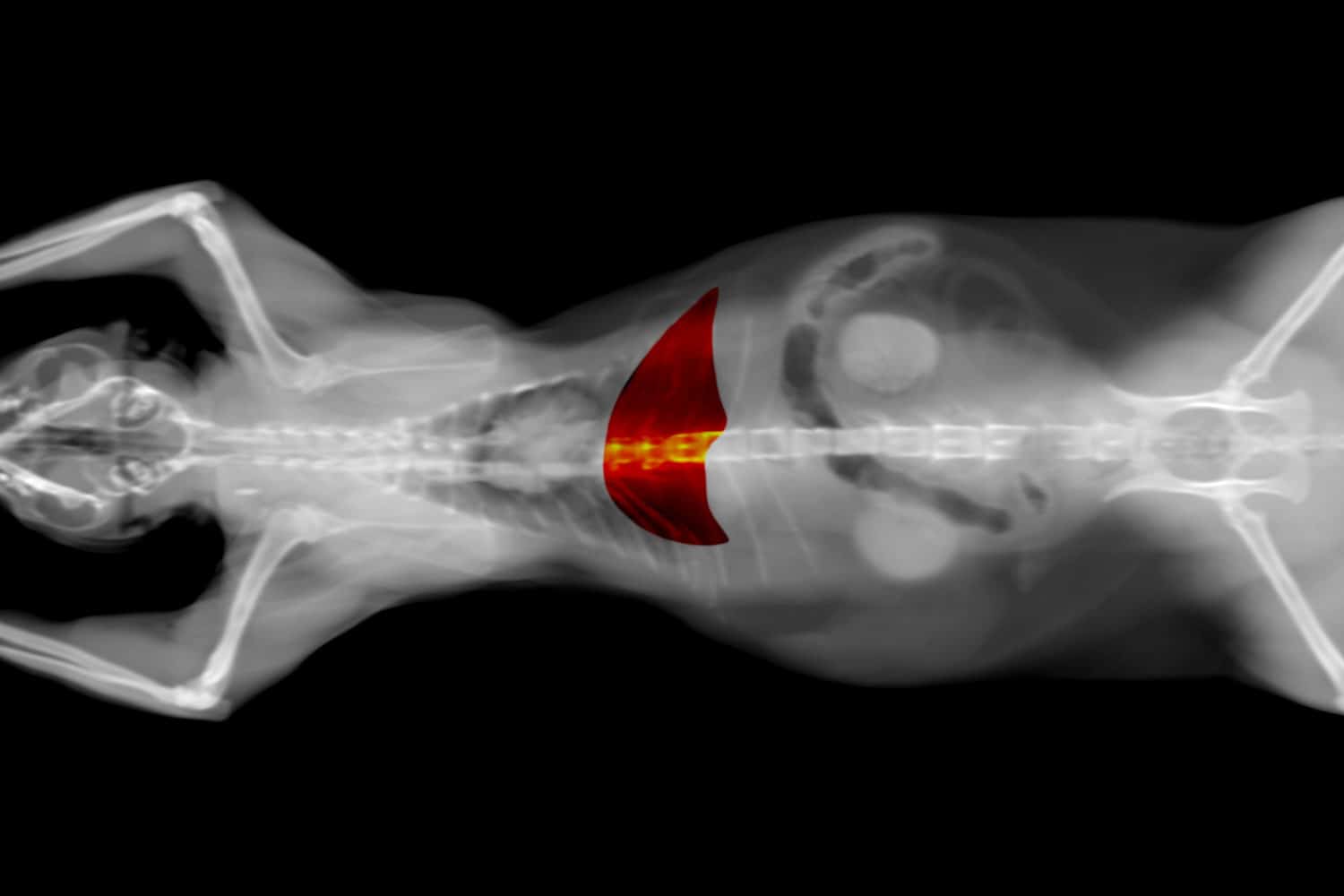
The liver is part of the metabolic system and has many functions, among them:
- Synthesizing proteins, glucose and glycogen, and some fats such as cholesterol and triglycerides
- Storing substances such as glucose and some types of vitamins and minerals
- Breaking down excess hormones
- Breaking down toxins (or modifying them into harmless forms)
- Creating components of the bloodstream
- Taking part in the body's immune system
The liver is a very complex and vital organ. Complete liver failure is always fatal.
We must know and address the early signs of liver problems to prevent irreparable damage.
Symptoms Of Liver Disease In Cats
There are many kinds of liver diseases and conditions. Systemic medical problems such as diabetes or hyperthyroidism can also affect the liver.
Whatever the cause or trigger, the symptoms of liver damage are often the same.
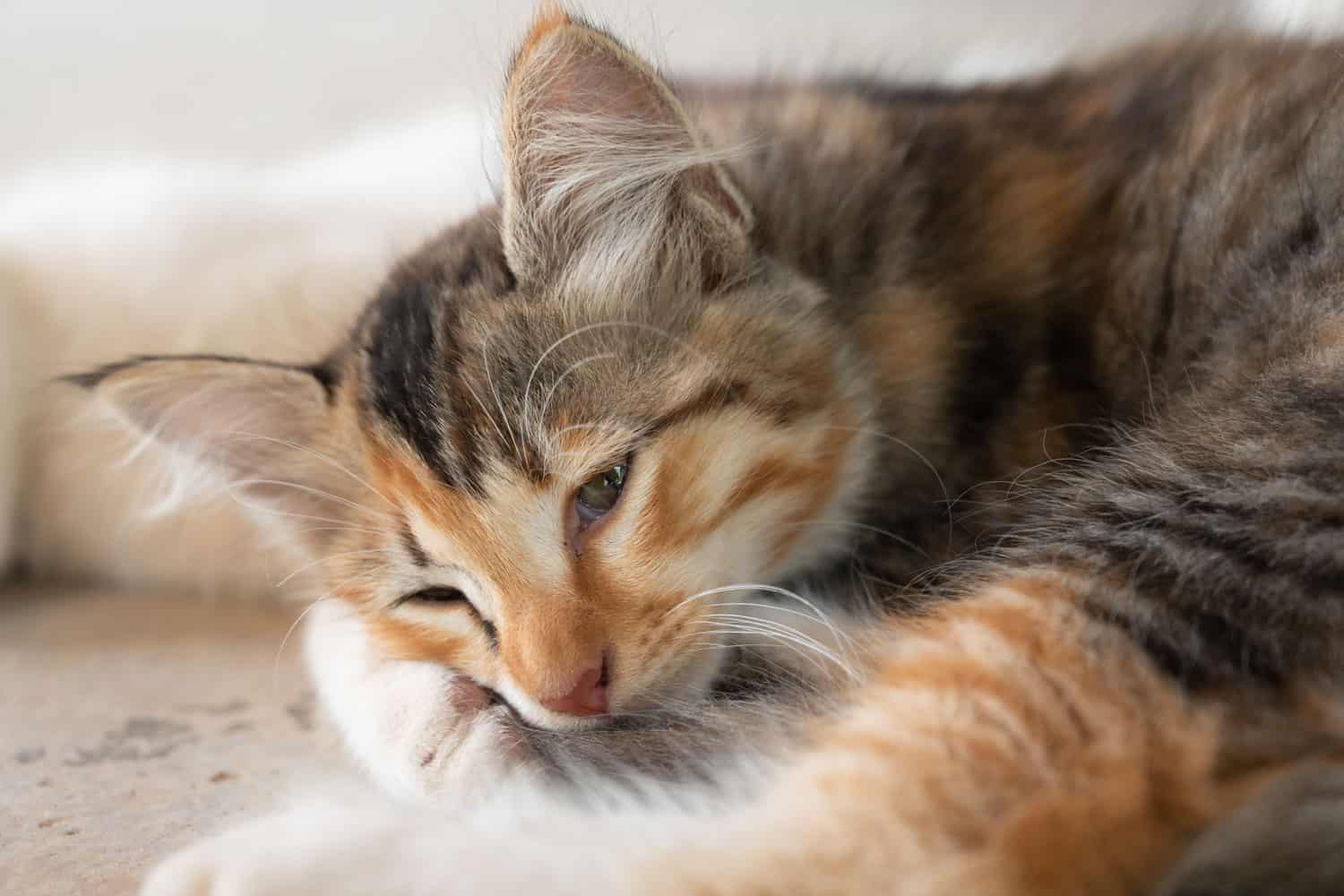
Early symptoms are vague and include -
- Loss of appetite (of varying degrees)
- Weight Loss
- Lack of energy and even lethargy
More advanced and/or specific symptoms include -
- Jaundice (can be seen in the cat's eye tissues and gums) and dark urine
- Enlarged abdomen
- Vomiting and/or diarrhea
- Neurological signs (such as seizures or extreme behavior changes)
SIGN UP FOR THECATSITE'S EMAIL UPDATES >
Common Liver Diseases And Conditions In Cats
Here are some of the most common liver diseases and conditions in cats and a brief description of each:
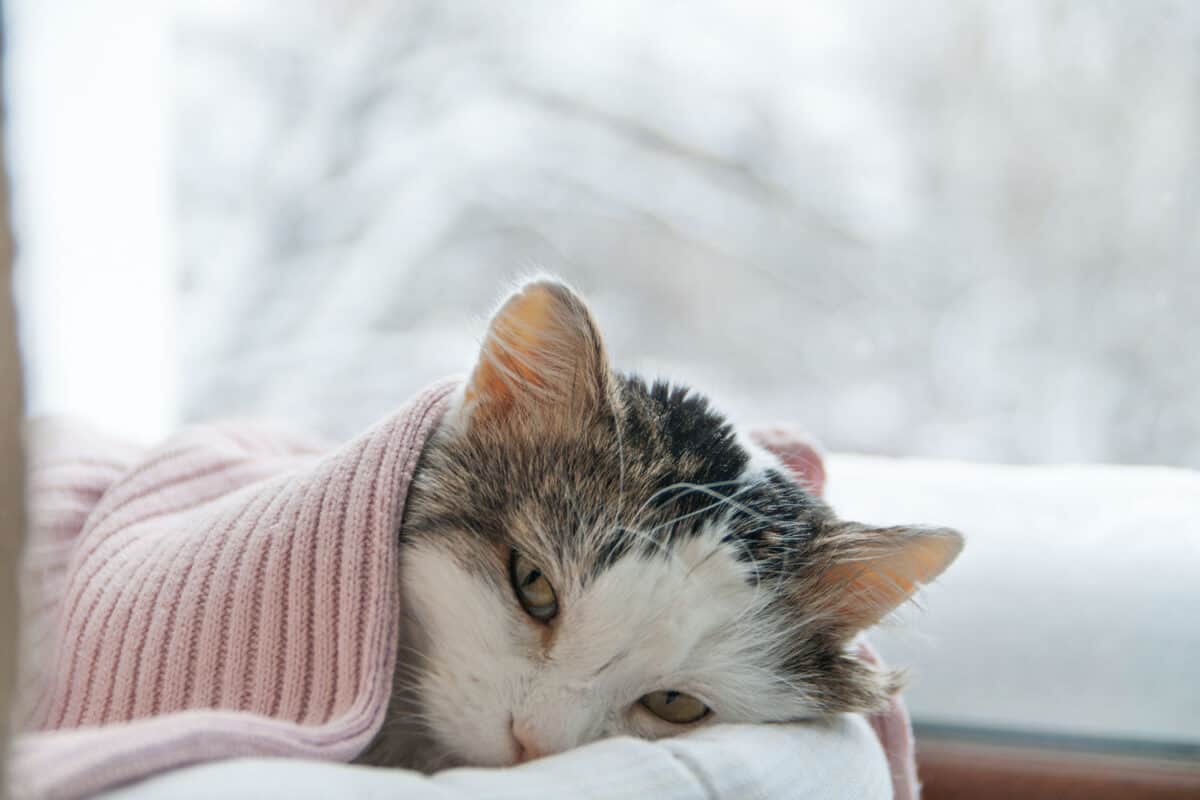
Hepatic Lipidosis In Cats
It’s the most common metabolic cause of liver failure in cats. No one knows what exactly brings about hepatic lipidosis in cats, but one reason could be a lack of appetite.
When a cat quits eating, fat accumulates in liver cells, making Kitty’s liver become enlarged and sick.
Cholangiohepatitis In Cats
This is the second most common liver disease for cats. The gallbladder is a small organ that stores bile produced by the liver.
With this disease, the liver and bile ducts leading to the gallbladder are inflamed.
If bacteria from the small intestines move into the bile duct, it gets into the gallbladder and liver.
It’s also associated with inflammatory bowel disease (IBD) and pancreatitis, sometimes both.
Poisoning
The liver plays a significant role in toxin breakdown (or modification) in the body. A cat's liver cannot handle some toxins and can damage it instead.
Some substances, such as acetaminophen (Tylenol), may be far more toxic to cats than they are to humans. It can bring about liver failure in cats very fast.
Liver Cancer In Cats
Cancer that begins in the liver itself - hepatocellular carcinoma - is uncommon in cats. However, bile duct carcinoma is more common and can reach the liver too.
Any cancer that starts elsewhere in the body can also affect the liver.
Diagnosis Of Liver Conditions In Cats
Many possible things can go wrong with a cat's liver. Your vet can run the necessary tests to diagnose your cat and work towards a cure properly.
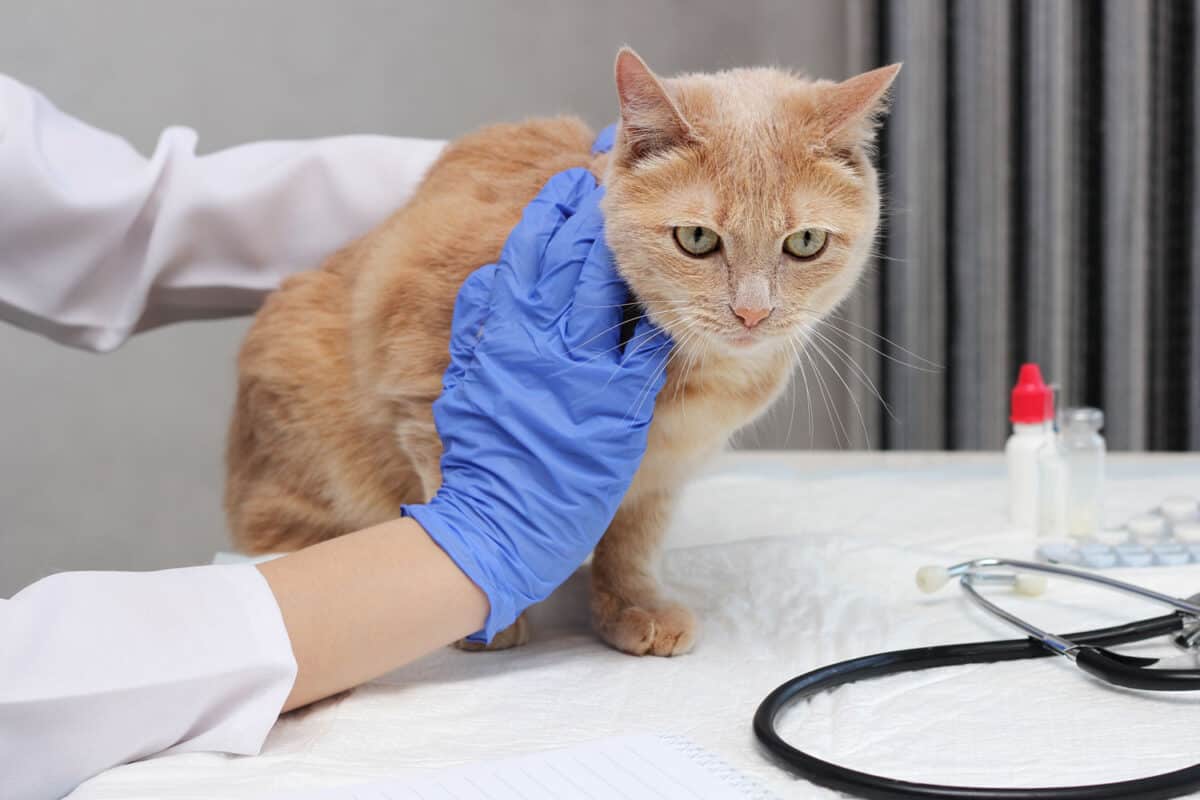
Tests may include blood tests, a urinalysis, ultrasound scans, X-rays, and liver biopsies.
Do not delay diagnosis and treatment if you suspect your cat may be sick. Some liver conditions can deteriorate quickly and may become fatal if left untreated.
Worried about Kitty's liver enzymes test results? You should probably read this: Elevated Liver Enzymes In Cats – Should You Be Worried?
SIGN UP FOR THECATSITE'S EMAIL UPDATES >
Comments? Leave them in the comment section below. Questions? Please use the cat forums for those!
Note: We may get commissions for purchases made through links on this page.

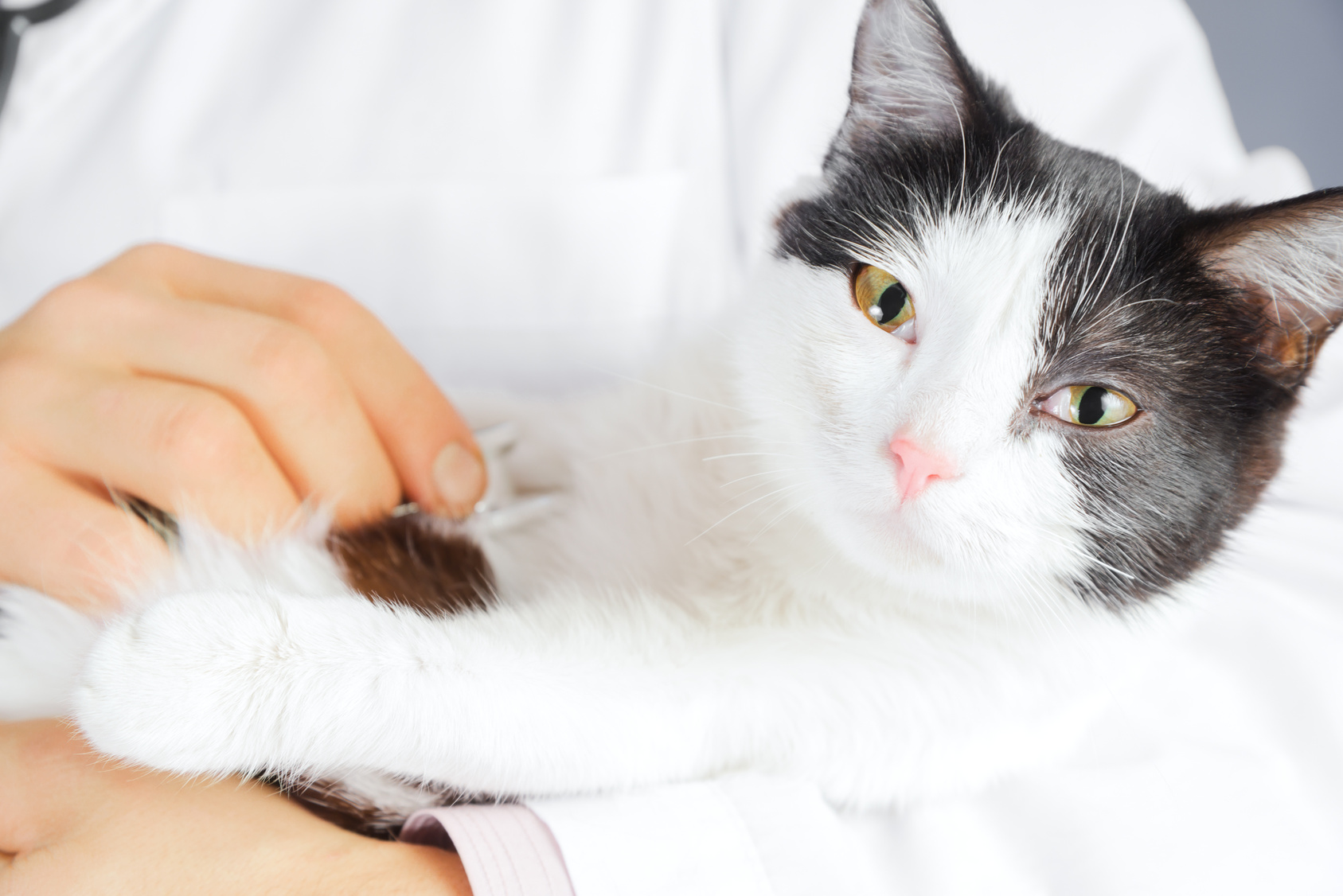

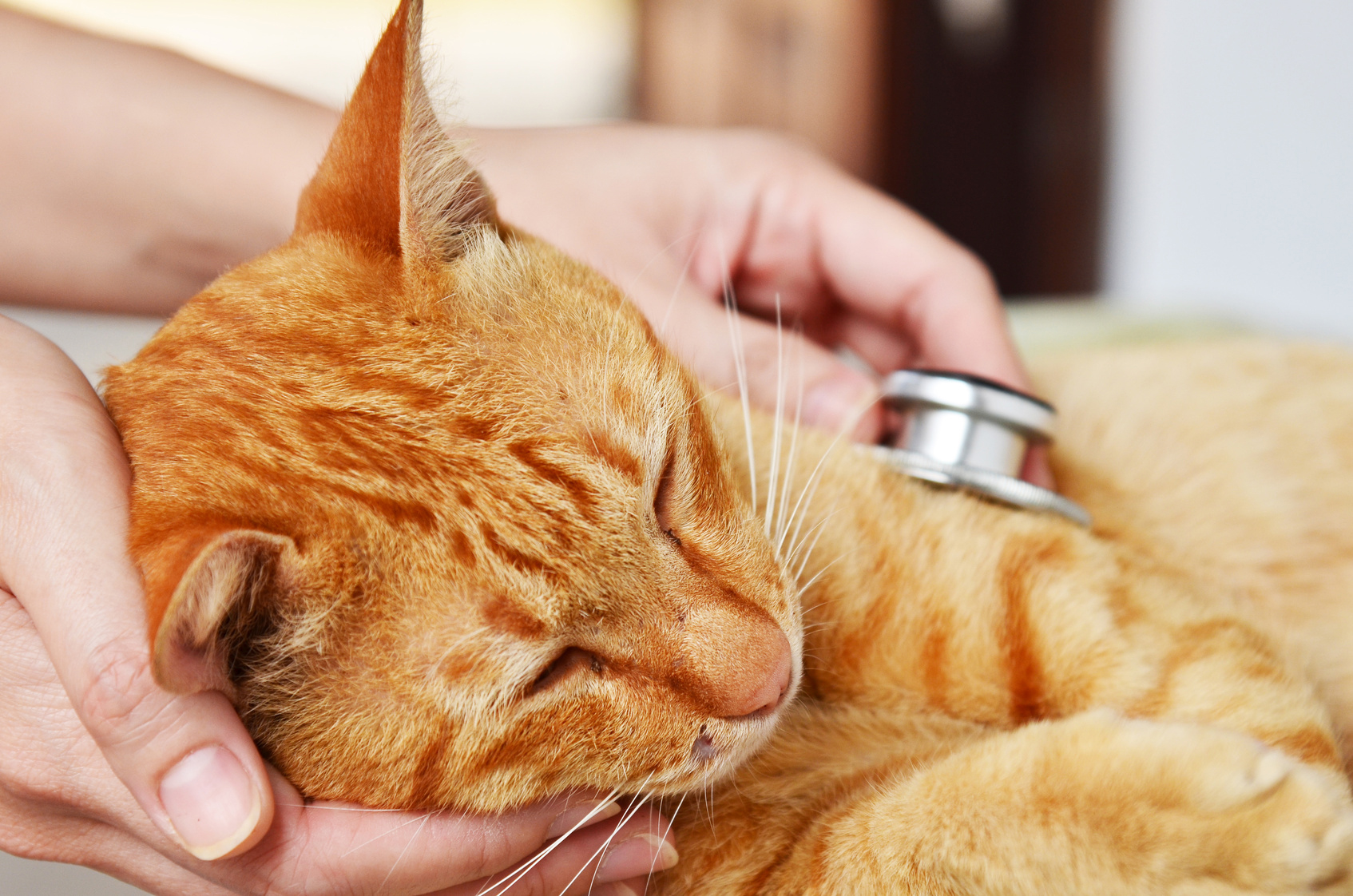
3 comments on “Liver Disease In Cats – Symptoms, Causes, and Prevention”